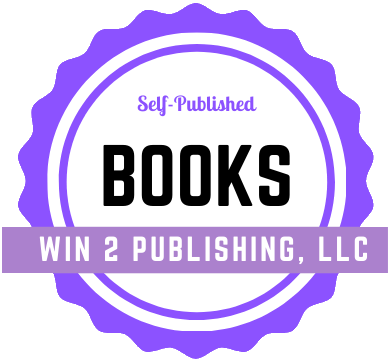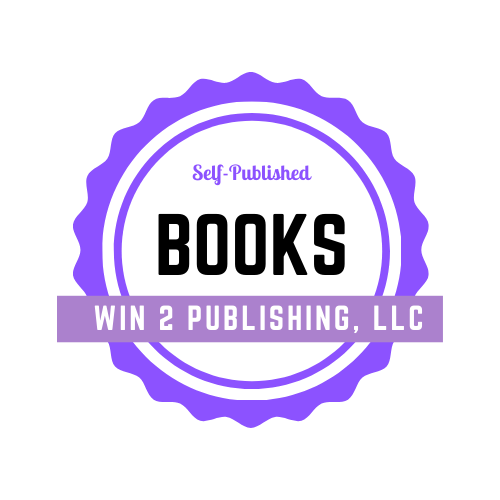
Self-publishing tips
Share this article:
The Pros and Cons of Self-Publishing
Self-publishing has become increasingly popular in recent years, and it offers a number of benefits for aspiring authors. However, it's important to weigh these benefits against the potential drawbacks before deciding if self-publishing is the right option for you. Here are some of the key pros and cons of self-publishing:
Pros of self-publishing:
- Control: When you self-publish, you have complete control over the content, cover design, marketing, and distribution of your book. You don't have to compromise on your vision or artistic integrity to meet the demands of a traditional publisher.
- Speed: Self-publishing allows you to get your book to market much more quickly than the traditional publishing route, which can take years.
- Earnings: As a self-published author, you keep a larger percentage of the profits from book sales. This can translate into more money in your pocket over the long-term.
- Flexibility: Self-publishing allows you to experiment with different genres, formats, and distribution channels to find what works best for you and your readers.
- More opportunities: Traditional publishers receive hundreds of thousands of book submissions each year and are highly selective in their choices. Self-publishing opens up opportunities for authors who may not fit the traditional publishing mold.
Cons of self-publishing:
- Quality control: With self-publishing, you are responsible for editing, proofreading, formatting, and cover design. This means that if you don't have the skills or resources to do these tasks properly, the quality of your book may suffer.
- Marketing: Self-publishing requires a significant amount of time and effort to market and promote your book effectively. Without the support of a traditional publisher, you must build your own author platform and engage in marketing activities to get your book noticed.
- Distribution: Self-publishing also requires you to handle the distribution of your book, which can be challenging if you don't have experience in this area. You'll need to set up accounts with retailers, manage inventory, and deal with shipping and returns.
- Credibility: Some readers and industry professionals may view self-publishing as less legitimate or credible than traditional publishing. This stigma is gradually disappearing as more self-published books gain popularity, but it can still be a hurdle for some authors.
- Cost: While self-publishing is generally less expensive than traditional publishing, it still requires an investment of time and money. You'll need to pay for editing, cover design, marketing, and distribution, which can add up quickly.
Overall, self-publishing can be a great option for authors who want more control over their work and are willing to put in the effort to handle the publishing and marketing tasks themselves. However, it's important to be aware of the potential drawbacks and to approach self-publishing with a realistic mindset and a solid plan in place.

Sign Up and Subscribe for quick updates!
If you would like to receive some useful tips on self-publishing, please include your name and email address below.
Share this article:
